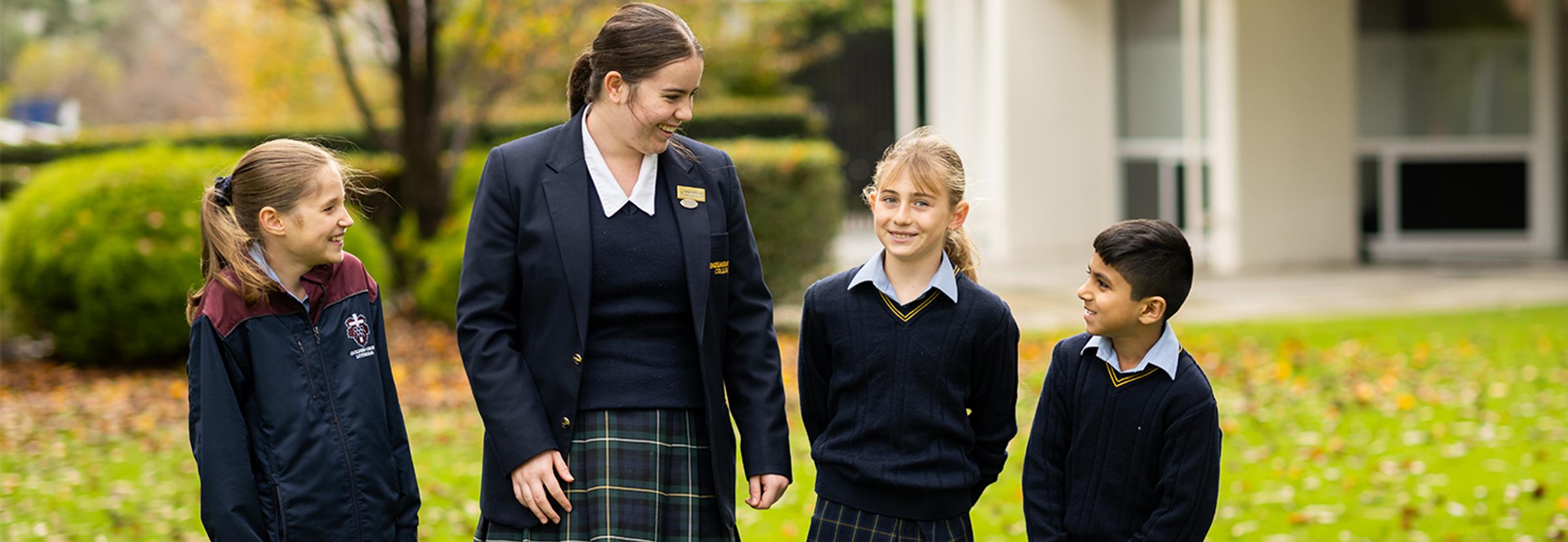From the Leadership Team

The Himba tribe is an African tribe that has a beautiful tradition that the child’s life starts when the child is a first thought in the mother’s mind. When a woman decides she wants a child she will go off and sit under a tree in solitude and listen to the sounds around her until she hears a song of her desired child. Bearing the song in her mind and heart, she begins to share the song with her husband, then the midwives and as the child grows up more and more villagers are taught the child’s song.
When the child is hurt, any tribe member witnessing the accident will come and comfort the child by singing the song. The young tribe member will always be honoured on special occasions by hearing their song sung by the entire tribe. The song continues to follow the Himba member throughout their entire life. In marriage, the man and women sing their songs together to celebrate their union. And when an elder is near death the villagers will gather around and sing their song for the last time, bidding their farewell.
The song can also be used when harm has been caused or inappropriate behaviour occurs. Whenever a Himba tribe member commits a crime or behaves in a socially unacceptable way the individual is surrounded by the villagers, forming a circle and they sing the song once again. The Himba tribe believe punishment in our sense of the word is futile, and correction of behaviours comes naturally, from feeling loved and honoured as an individual, and from remembering one’s identity.
I believe it is this part of the Himba Tribes tradition that connects with our student engagement philosophy of Restorative Practices.
The Restorative Practice philosophy provides us with a framework which is underpinned by values and beliefs that asks us to approach wrongdoing differently. It focuses on community, relationships and healing. It elicits real accountability, according to people and their needs. It allows us to put into practice important values and beliefs that emphasise rights and responsibilities, positive relationships, productivity, cooperation, collaboration and has a focus on recognising, acknowledging and repairing harm to meet both individual and collective needs within our community. Although we do not each have an individual song, we collectively share the values of Restorative Practices and in conjunction with the Endeavour Way this College ‘song’ helps us to correct behaviours, build, repair and maintain positive relationships in our ‘village’.
Restorative practices is an important process that clearly defines how we operate, interact and function. As a community we must honour and safeguard this practice but more than that we must sustain and impart the philosophy absolutely. Restorative practices and the Endeavour Way give expression to and language for our deeply held Christian values and beliefs.
12 “Therefore, as Gods chosen people, holy and dearly loved, clothe yourselves with compassion, kindness, humility, gentleness and patience.”
Colossians Chapter 3, verse 12
Sharon Ward
Director of Senior Years
